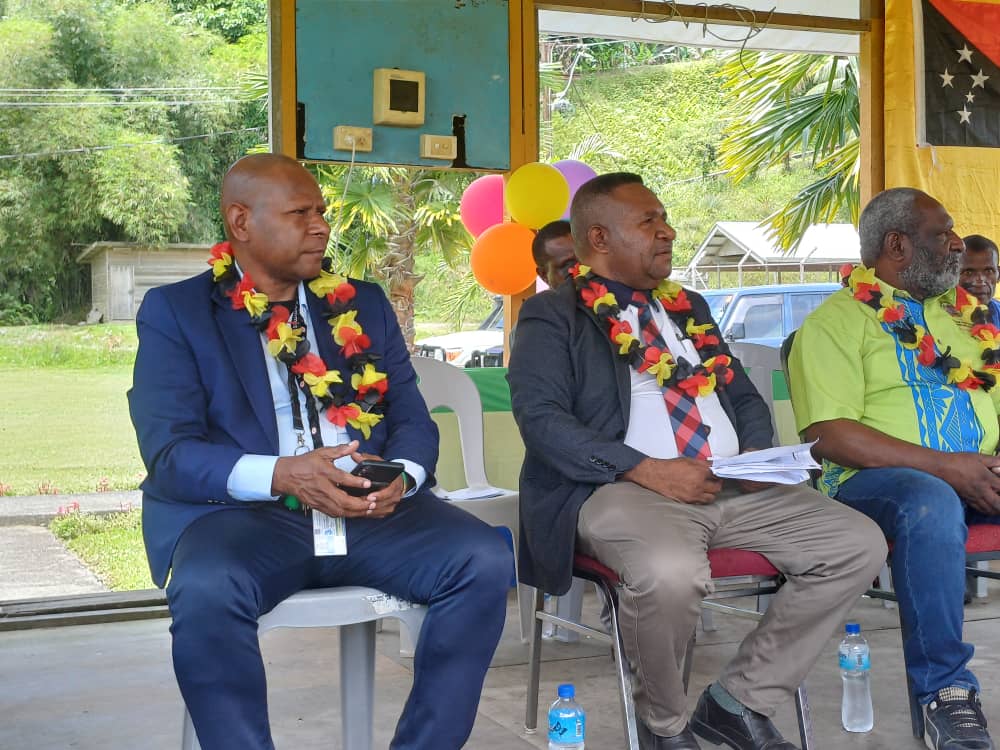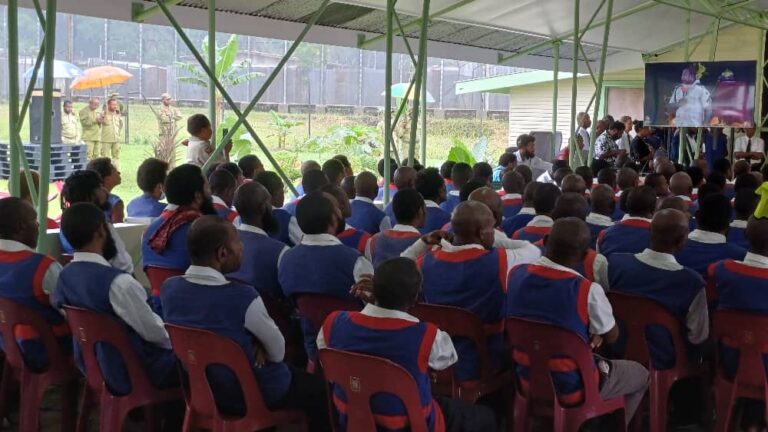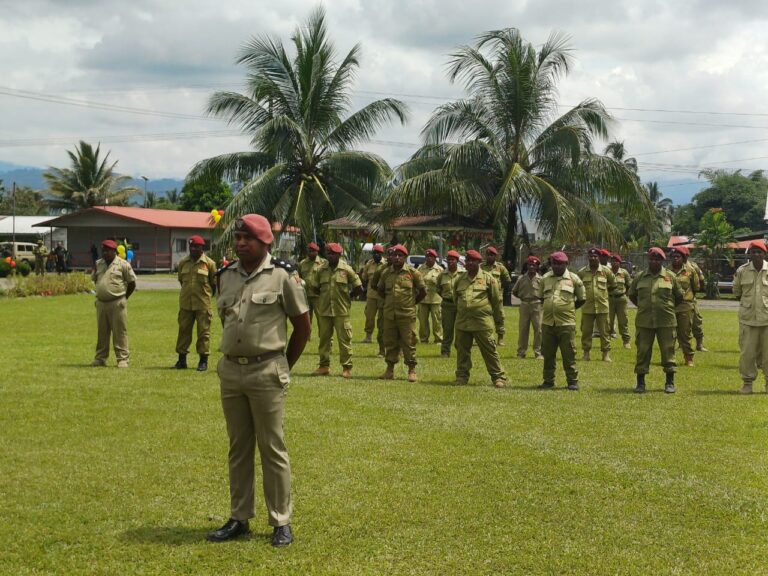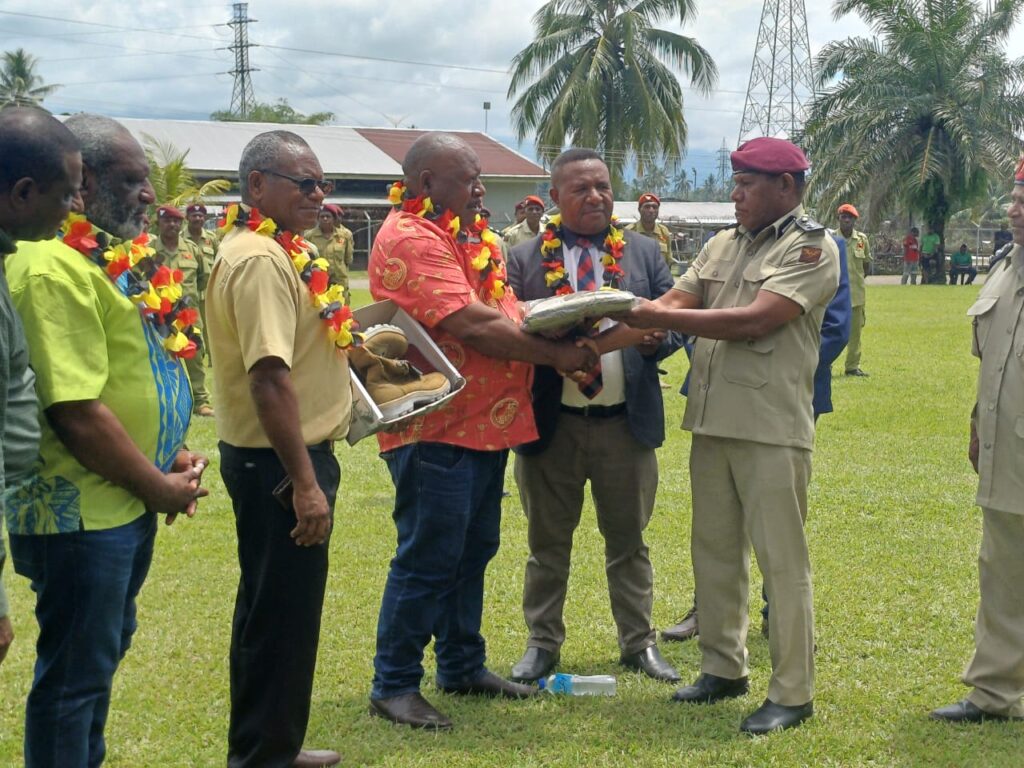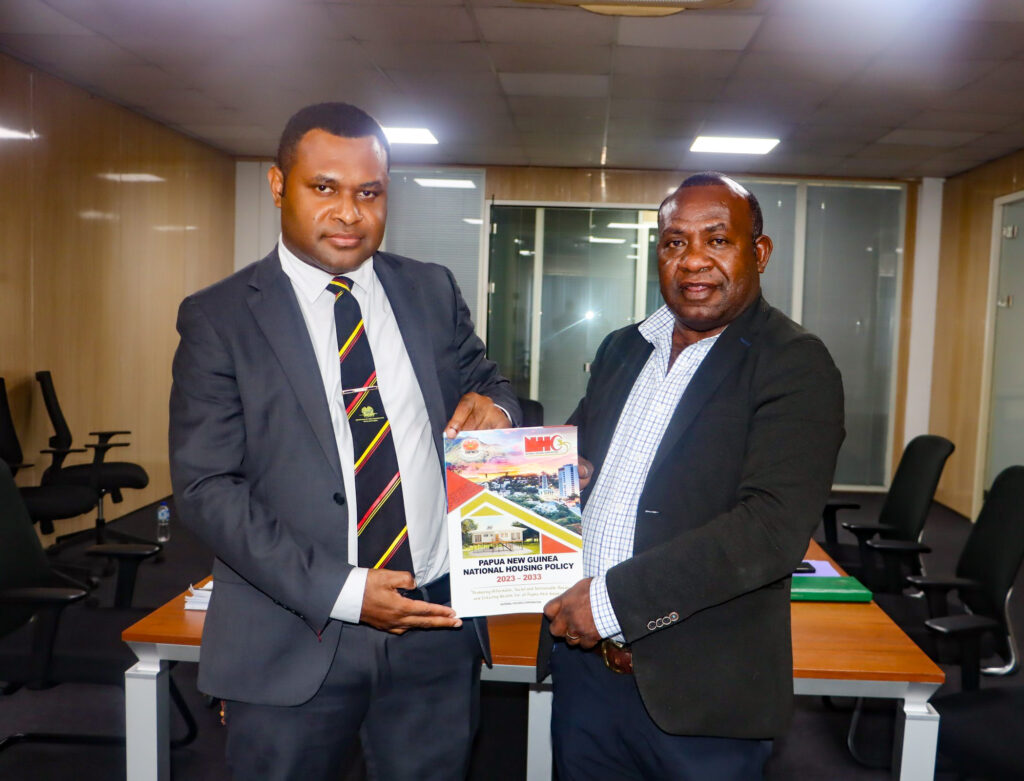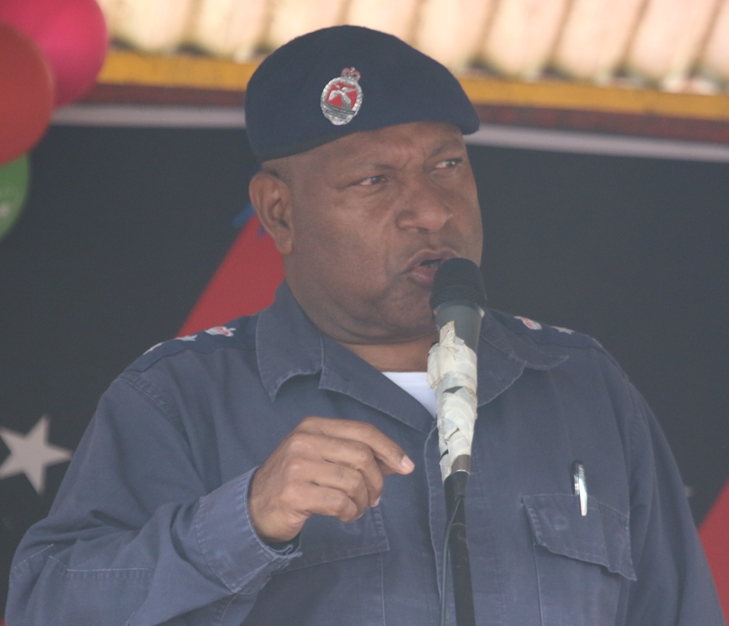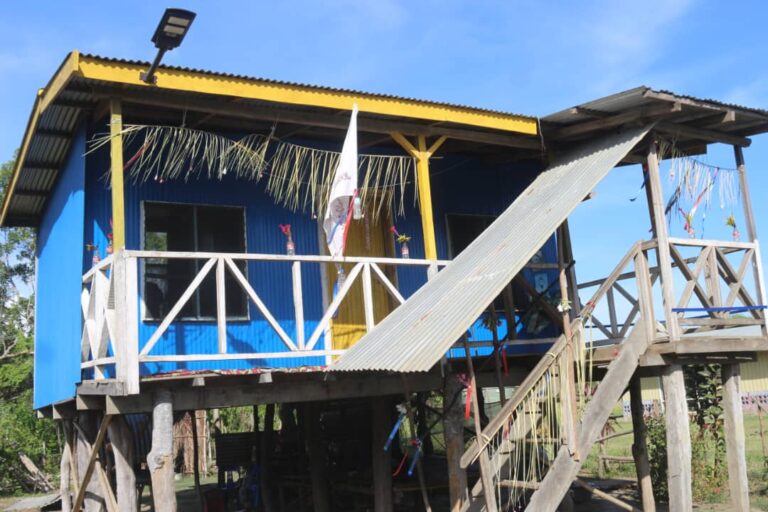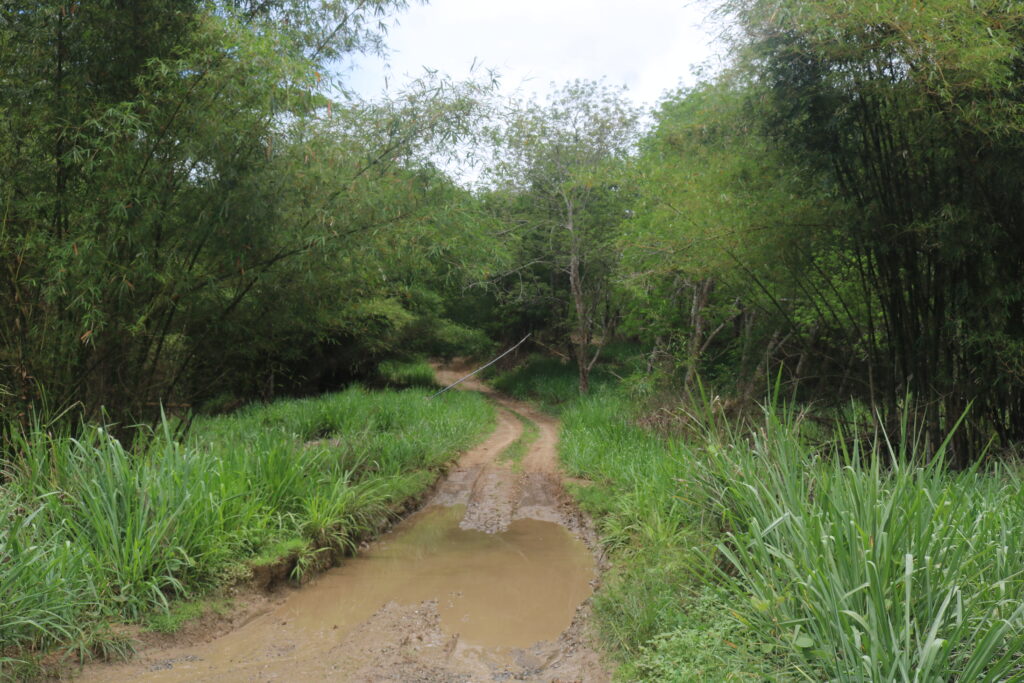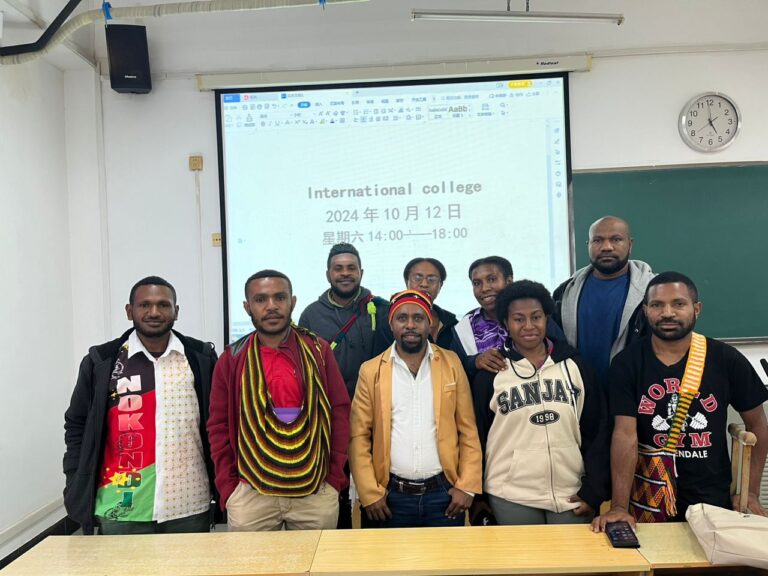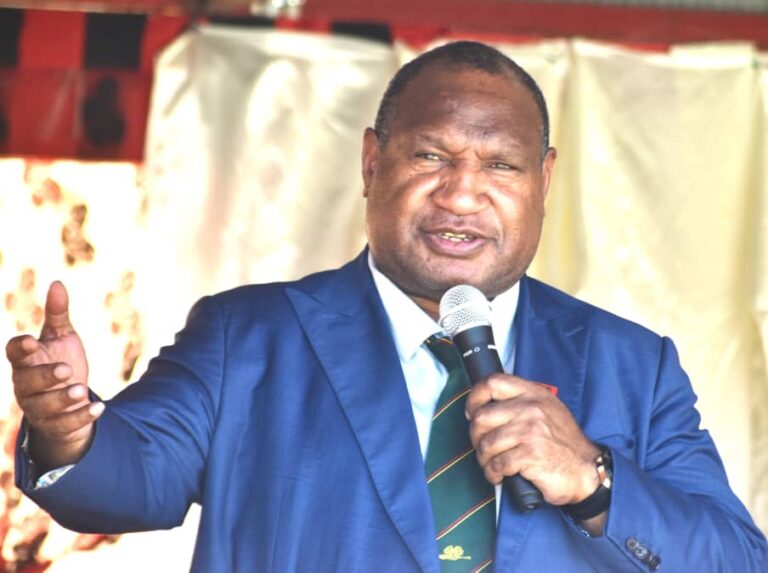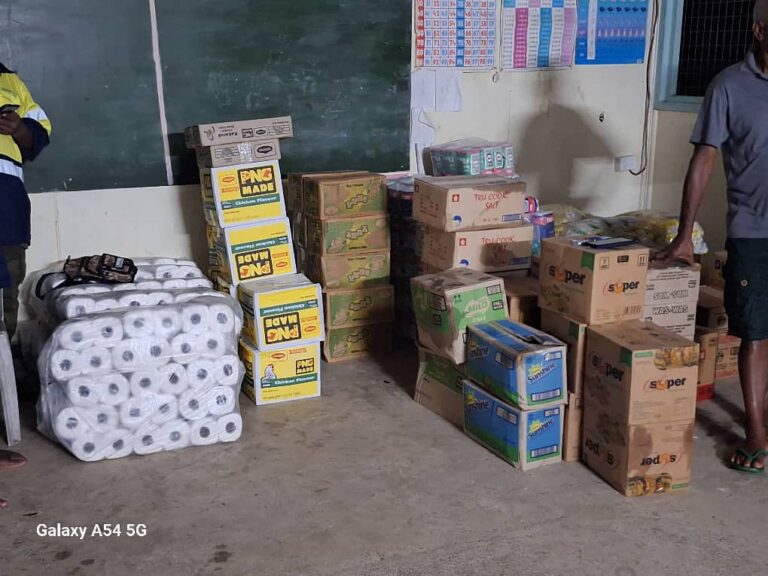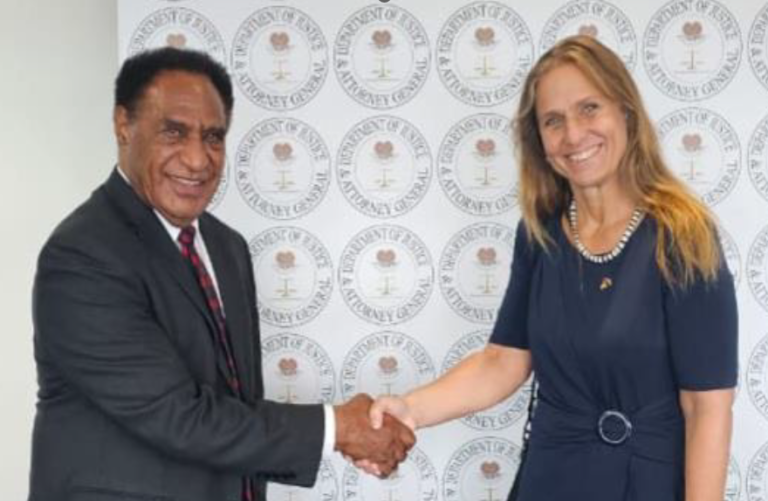Payback killings among tribal factions in Laiagam-Sirunki of Enga Province has resulted in the death of nine (9) people.
The most recent, was just yesterday, Tuesday the 22nd of October when 6 people were killed and two currently fighting for their lives at a hospital.
Acting Assistant Police Commissioner, Joseph Tondop since the first killing in March has been working tirelessly to ensure peace, but it seems peace is not a priority for these clans.
What is most shocking, is that the killings have now gone outside of tribal conflict.
“This sort of revenge killing is unheard of in the history of tribal conflicts in Enga Province where innocent people unrelated to the conflicts were killed,” Tondop said.
Tondop who is also the State of Emergency Controller has now issued several emergency orders including the restriction of vehicles into the Laiagam-Sirunki areas for a month.
The orders are as follows;
· A curfew is now imposed from 4pm to 6am along the affected highways with restricted vehicle movement for one month
· State Security Forces will intensify patrols and maintain a strong presence along the Wabag to Sirunki, Laiagam and Maip Militaka routes
While these emergency orders are in force, the Investigation Task Force team from Pogera will expand its scope to include the most recent attack.
The attacks date back to an unresolved death on the 20th of March 2024, when a man from Mulapin was slashed with machetes (bush knives) and died. According to police, the man was killed at Kulapi 4, near the Open Pit Mine in Pogera.
The suspects are believed to be from the Sakare Clan of Laiagam. Police had commenced investigation into the matter since it occurred and the suspects had gone into hiding.
Almost seven months after the incident took place, on the 11th of October, at around 8am, gunmen from the Mulapin clan ambushed a vehicle packed with passengers from the Sakare Clan, near the Tambitanis Health Centre in Sirunki.
The vehicle transporting a deceased person and relatives were fired upon resulting in the death of a woman.
An hour later on the same day, men from the Sakare Clan retaliated. They shot a PMV driver and his crew at close range. The injured driver and crew managed to reach Laiagam hospital but succumbed to their injuries shortly after.
Police launched an investigation following these brutal payback killings and as part of it’s peace awareness met with the Kunalin and Lyain tribe leaders on Monday 21st of October.
These two tribes were praised by police for advocating peace since 2009.
According to Tondop, they have been actively encouraging their people not to resort to violence but to maintain peace in Enga.
Both the Kunalin and Lyain leaders called for the suspects from both the Sakare and Mulapin clans to surrender to police to ensure peace.
But a turn of events on the 22nd of October, when men from the Lyain tribe, “regrettably” ambushed a 25 seater PMV bus travelling from Wabag to Sirunki, Laiagam and Mulitaka and mercilessly shot at it, killing six people, injuring two.
Seventeen (17) of the passengers are missing. Police have launched a search this morning.
Acting ACP Tondop has appealed to immediate relatives of the deceased to refrain from further escalating the situation.
Any information to help the police with the investigation is welcomed to help fast track the investigation.
